No more visa schemes for businesses, say government sources
- Published
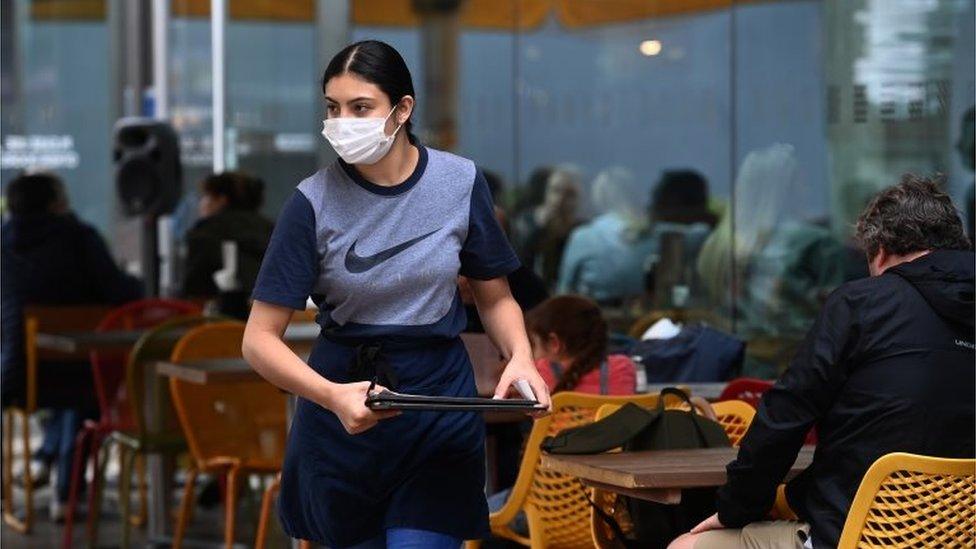
The UK will not introduce visa schemes for any other sectors facing staff shortages, sources have told the BBC.
On Sunday, the government set up temporary visa schemes for HGV drivers and poultry workers to limit disruption in the run-up to Christmas.
Staff shortages in areas including hospitality and care have led to calls for a similar relaxation of post-Brexit immigration rules for other sectors.
But government sources said firms should improve pay and conditions.
Kate Nicholls from UK Hospitality warned that without measures such as temporary visas the recovery from the pandemic would "falter".
She said the sector was helping people into apprenticeships, offering training schemes and noted that wages had risen by 19% over the last five years.
However she said a "chronic shortage of staff is a significant barrier to the hospitality industry's recovery", and urged the government to consider "all reasonable measures".
But the BBC has been told the Home Office and Department for Business, Energy and Industrial Strategy are not discussing the possibility of visas for other sectors.
And one UK government source said: "In order to move to a high-wage, high-skilled economy, businesses should invest in their workforce and improve pay and conditions."
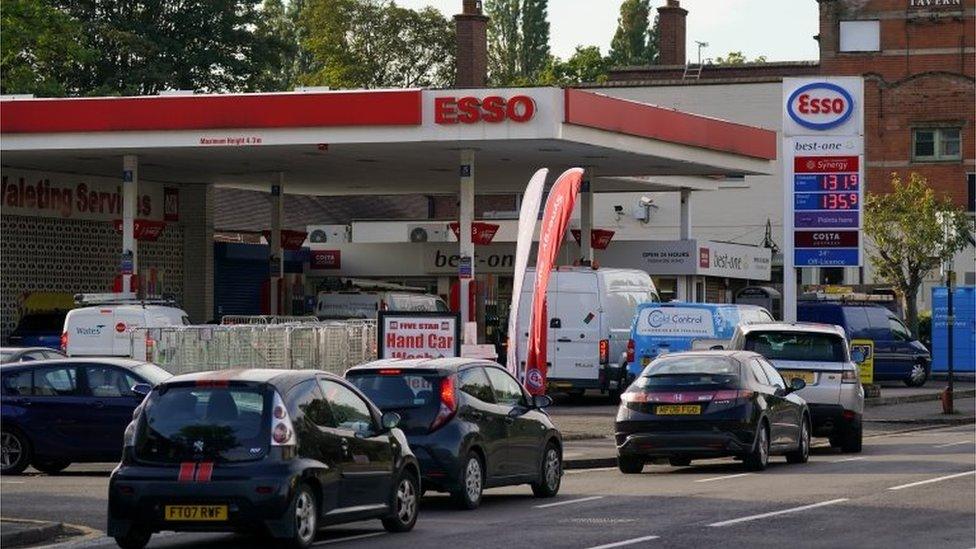
The government introduced temporary visas for HGV drivers after staff shortages led to a delay in fuel supply
Ms Nicholls is a member of the government's new hospitality council which met on Wednesday.
It assembles industry experts to help pubs, cafes and restaurants recover from the pandemic.
Another government insider stressed the view was that in the years since Brexit ministers had been telling businesses to move away from relying on cheaper labour to a high-skill, high-wage economy and some businesses had not accepted this.
On Tuesday, the Financial Times published a letter, external from more than 65 hospitality leaders to the prime minister demanding that immigration requirements for hospitality workers be urgently loosened.
A day later, the chief executive of retailers Next Lord Wolfson said: "Without some relaxation of immigration rules, we are likely to experience some degradation in our service in the run up to Christmas."
Meanwhile some food chains like Itsu and Prezzo have been already offering pay rises and other incentives to try attract more workers.
Earlier this year, hospitality bodies said one in five workers had left the sector during the coronavirus pandemic, with Covid and Brexit often cited as exacerbating the problem.
Others have also suggested that long working-hours and low pay in the industry could be putting applicants off.
A government spokesperson said they were "closely monitoring labour supply" but "the government encourages all sectors to make employment more attractive to UK domestic workers through offering training, careers options wage increases and investment."
Last week, government introduced visas for HGV drivers, when a lack of staff led to delays in getting fuel to petrol stations.
However, the director of food and sustainability at the British Retail Consortium, Andrew Opie, has warned that the 5,000 new visas created by the government for HGV drivers would "barely scratch the surface on alleviating the problem".
He urged the government to "rapidly extend its visa scheme" adding "without action, millions of households over the country will be disappointed this Christmas".
- Published20 July 2021
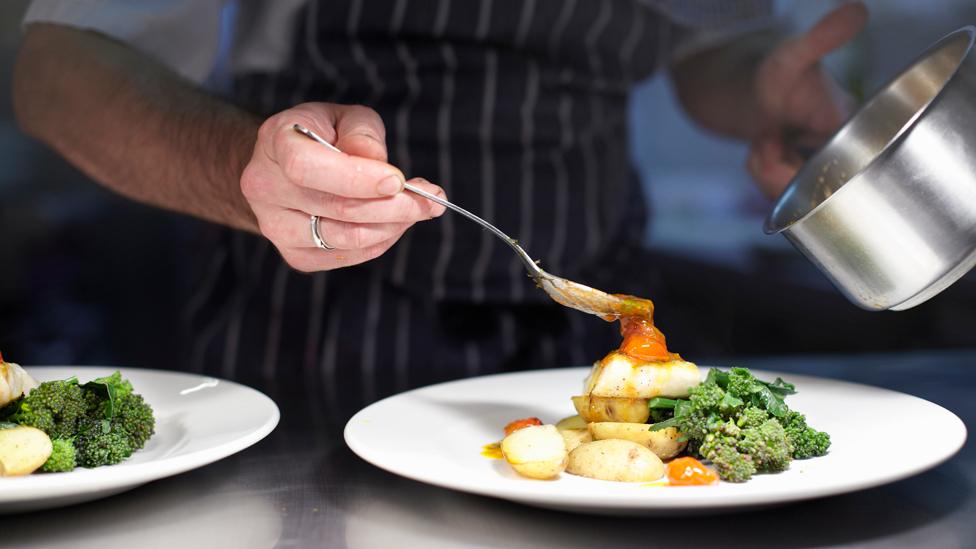
- Published26 September 2021
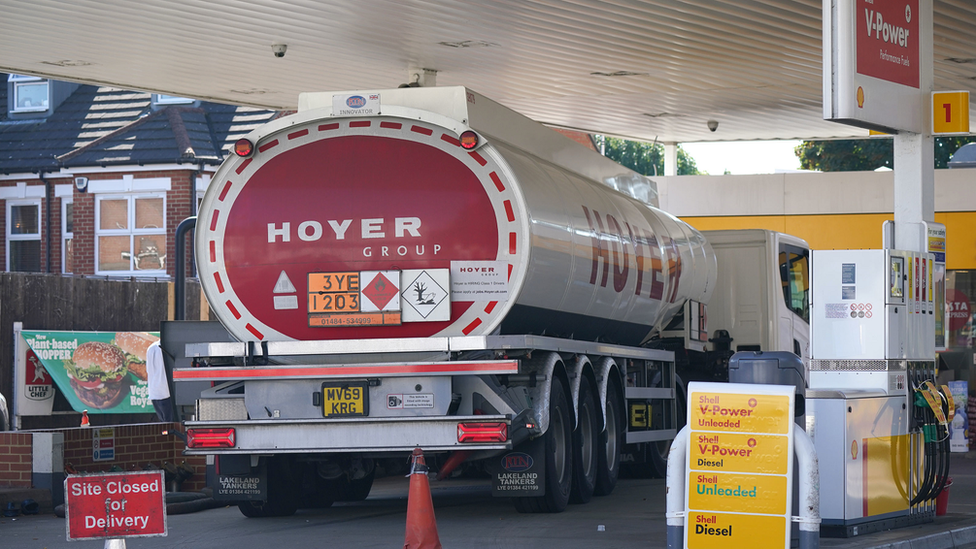
- Published29 September 2021
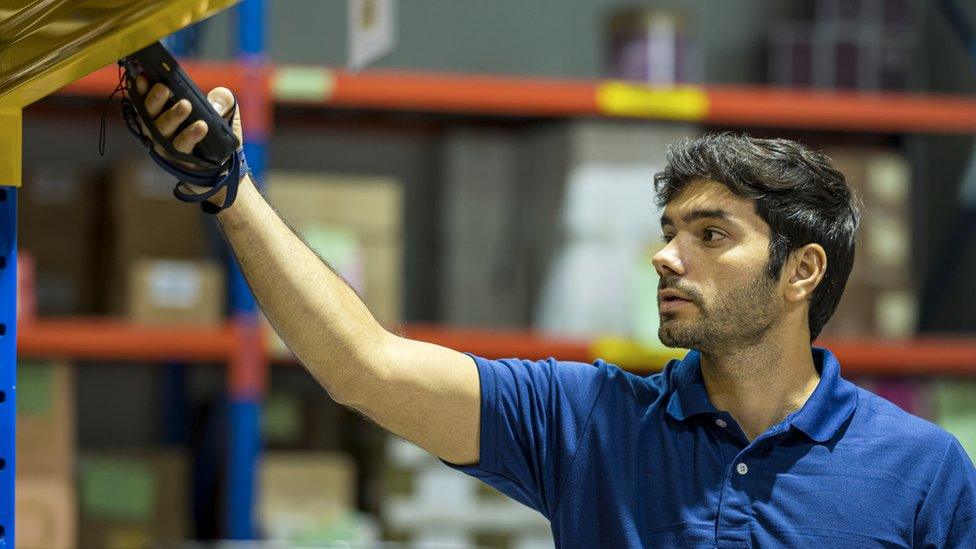
- Published28 September 2021
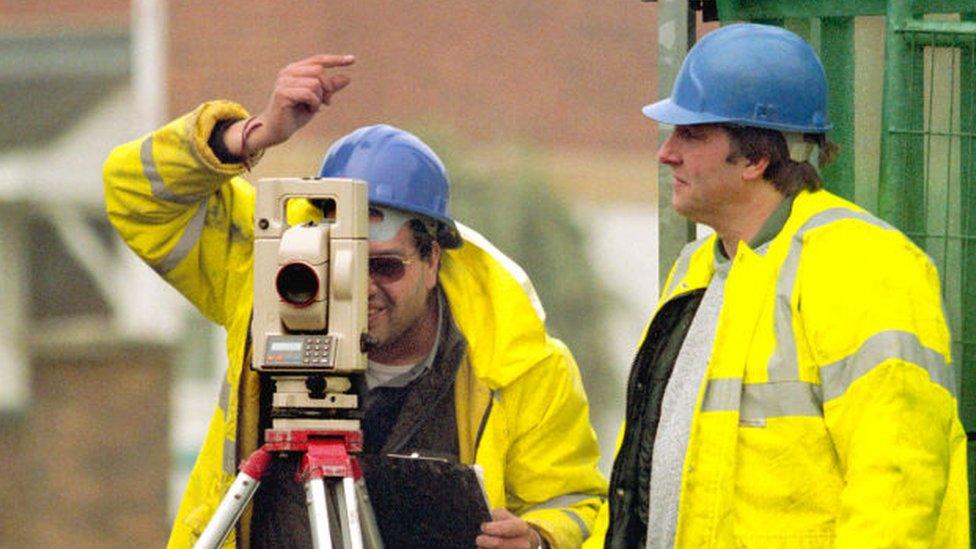
- Published20 September 2021
